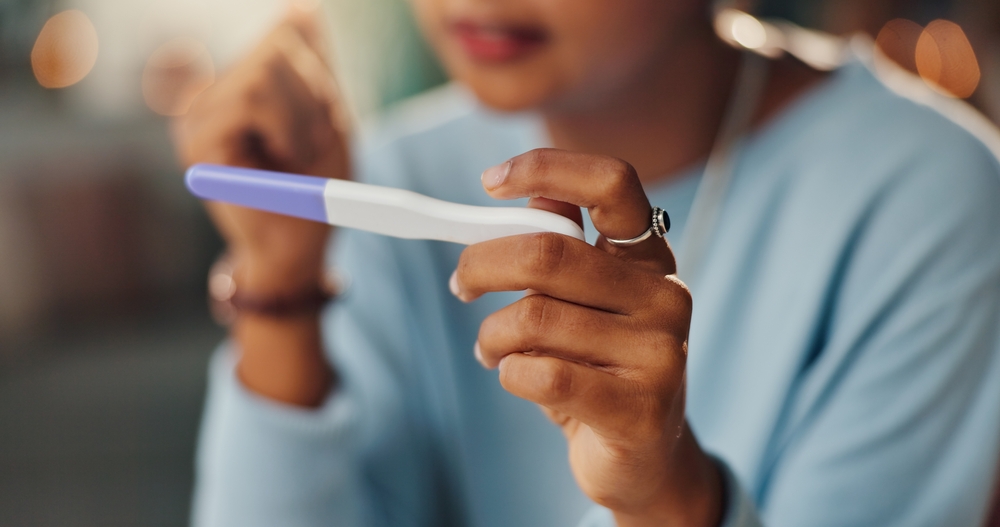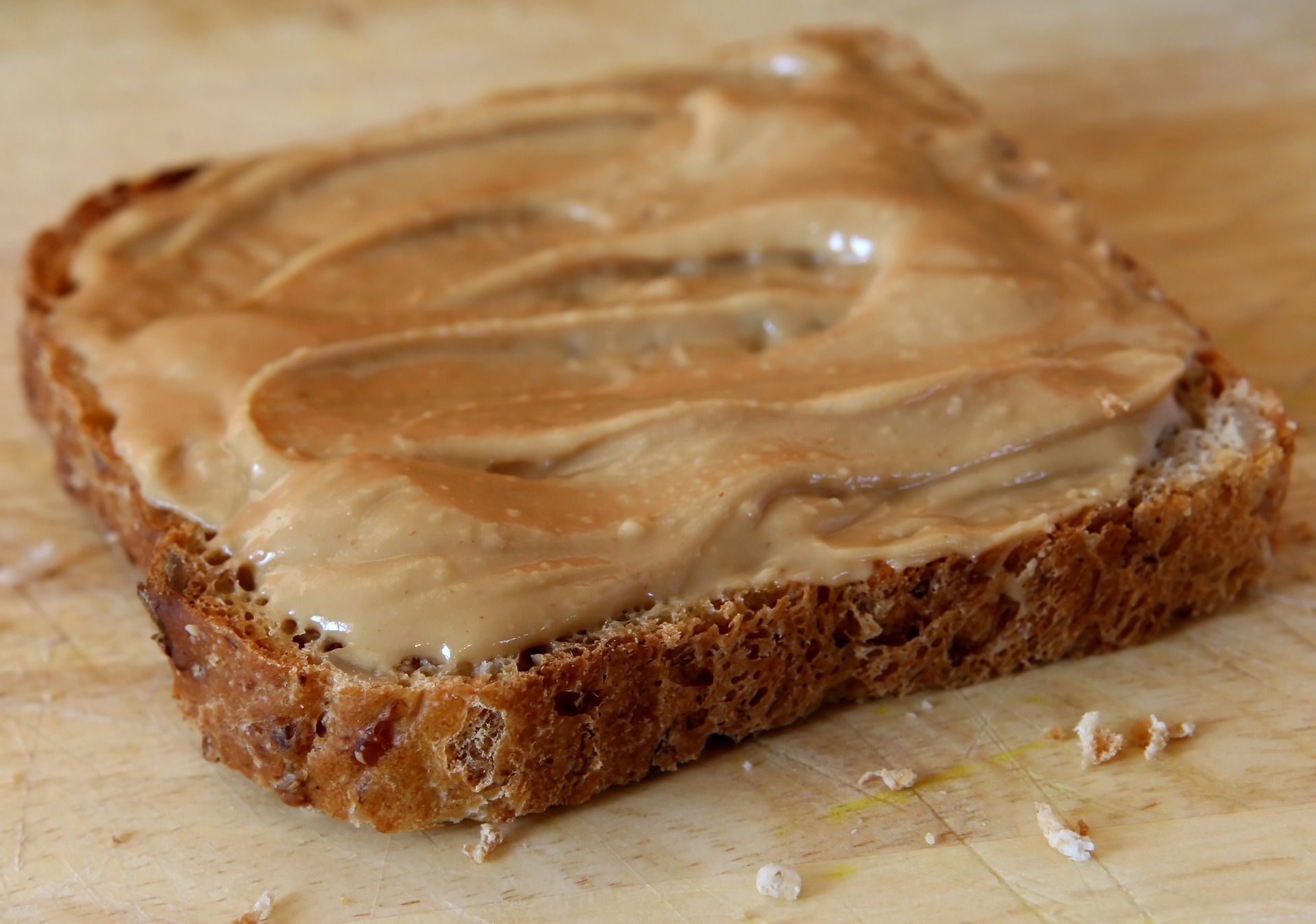PhD candidate Jiri Kaan (Health & Society) recently published the results of his Master’s thesis. In his study, he repeatedly asked female test subjects to eat a piece of chocolate. He also collected their saliva and asked them how much they wanted to eat the chocolate. This let him demonstrate that what the mind thinks doesn’t always match the physiological reaction in the body.
‘We assume the mind is separate and is in control of the body,’ says Kaan, who wrote his thesis for his Master’s in Marketing & Consumer Behaviour. ‘We have this idea that first we think and then we act, as in the statement “I think, therefore I am” by René Descartes. But I don’t entirely agree with that split between mind and body. Yes, we are in part because we think, but our relationship with our body is often more nuanced than that.’
To examine the relationship between mind and body, Kaan studied the amount of saliva produced by test subjects — with the aid of pieces of chocolate — as well as their desire for food. That let him compare the body’s physiological reaction with the response of the mind. Then he looked at whether there were differences depending on whether the test subject had a strict relationship with food or was very relaxed about eating.
Chocolate five times
Kaan used 50 women for his experiment. They came to the research lab ‘pleasantly full’. First, he asked the test subjects how strong their urge was to eat something. Next, he asked them to swallow once and stare at the wall for one whole minute. They then had to spit the saliva they had produced into a cup. This procedure was repeated, only this time he asked the women to look at a plate of chocolate for one minute. They were asked to spit the saliva they produced while doing that into a cup again. ‘Then I asked them how much of a desire they had to eat the chocolate. And only then were they allowed to take a bite — quite mean, really,’ he laughs. He repeated the procedure of looking at the chocolate, asking about the desire for food, spitting saliva and then eating the chocolate another four times.
‘My study showed that the participants’ reported desire to eat something decreased after each piece of chocolate but they were still producing a lot of saliva. Their mind said they didn’t want the chocolate as much, but with that amount of saliva their body seemed to be saying: keep going, I’m ready to eat even more food.’
Relaxed relationship with food
Then Kaan split the results depending on whether the participants had a relaxed attitude to food or not. ‘Some people don’t allow themselves to eat certain things and feel guilty if they snack. And sometimes when they do snack, it’s all or nothing. They eat until they can’t take any more.’ Two weeks prior to his experiment, Kaan asked his test subjects three questions about their relationship with food. Immediately after the experiment, he asked similar questions about whether they felt guilty after eating the chocolate. Kaan saw a correlation between the two measurements: people with a more relaxed attitude to food felt less guilty about eating the chocolate.
What is more, the latter group had a sharp increase in the desire for food followed by a sharp decrease. ‘To below their baseline, so they had less of a desire for food than before the experiment. Whereas the people who were stricter about what they ate tended to maintain their desire for food more.’
Application
It is difficult in today’s society to withstand all the temptations around you, says Kaan. ‘Given that context, it seems unfair that people have such guilty feelings or get talked into guilty feelings by others. Perhaps some of that guilt can be of use in motivating them to eat healthily, but it can also get too much and lead to eating disorders. But let’s imagine we teach the people with guilty feelings that it’s OK to enjoy food now and again. That you don’t get fat from just one piece of chocolate. Then perhaps we will in fact be helping them not to overeat, as the desire for food decreases faster when you don’t feel guilty about it. But more research is needed for that.’

 ‘Their mind said they didn’t want the chocolate as much, but with that amount of saliva their body seemed to be saying: keep going, I’m ready to eat even more food.’ Photo: Shutterstock
‘Their mind said they didn’t want the chocolate as much, but with that amount of saliva their body seemed to be saying: keep going, I’m ready to eat even more food.’ Photo: Shutterstock 

